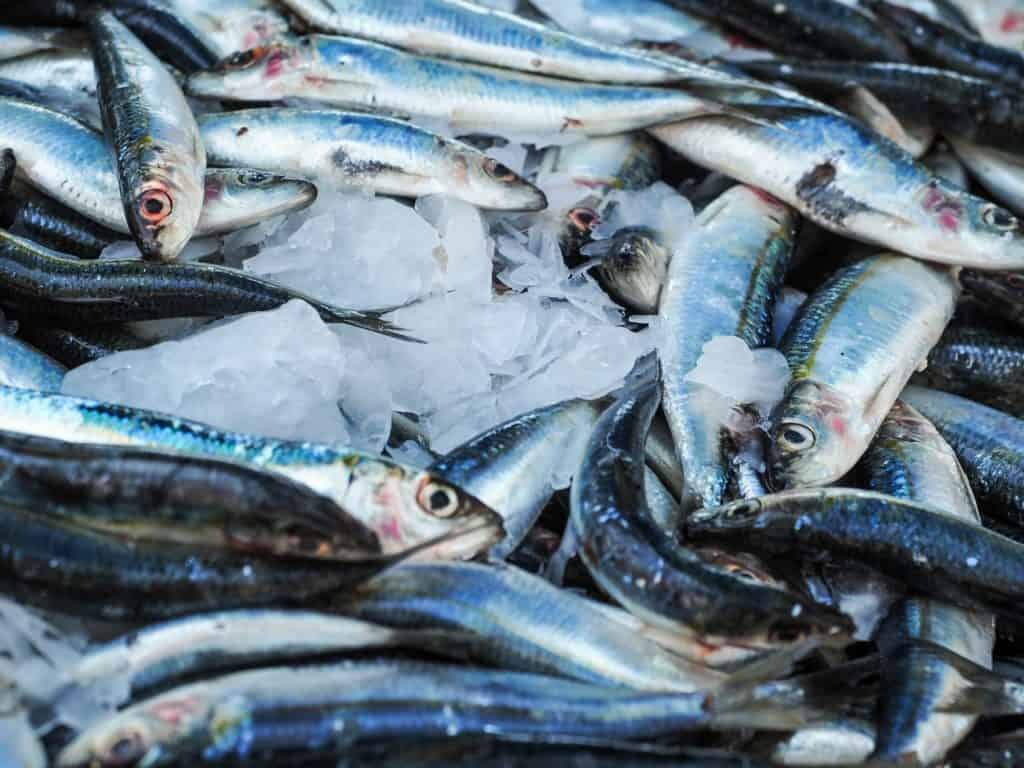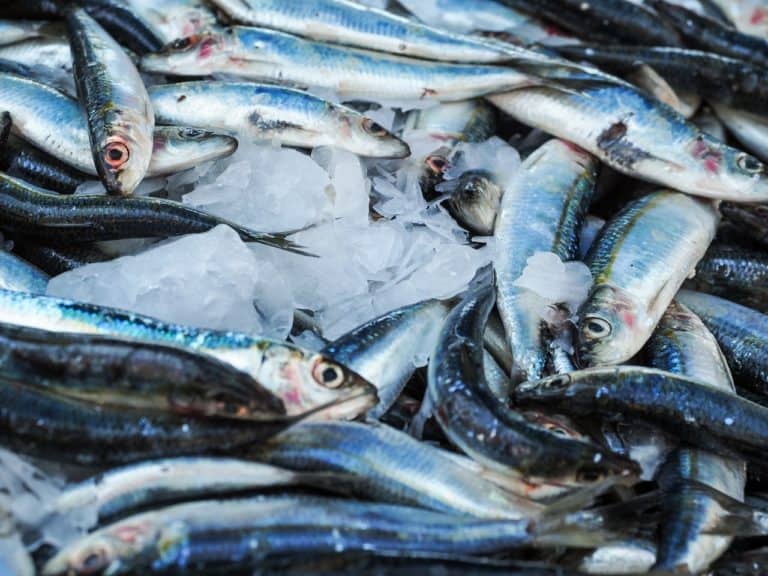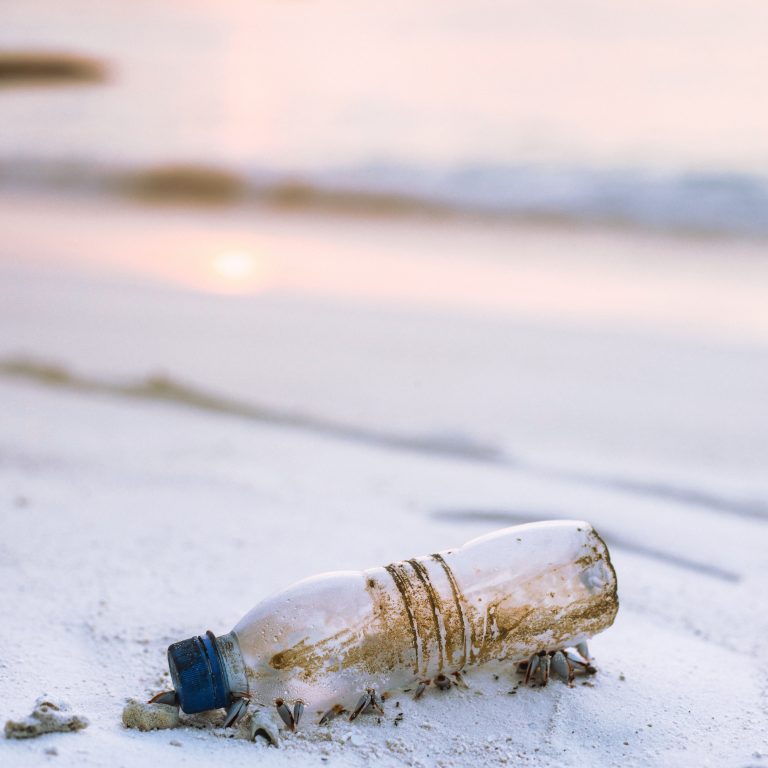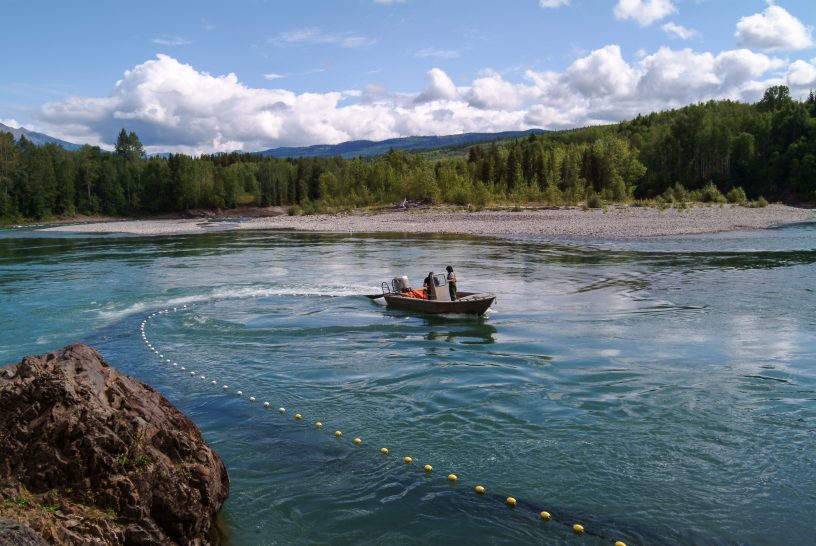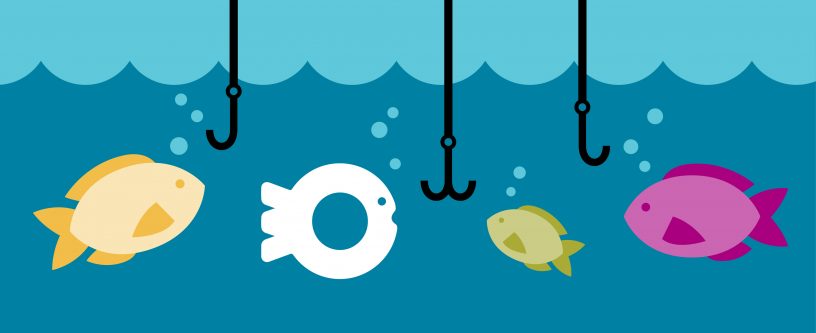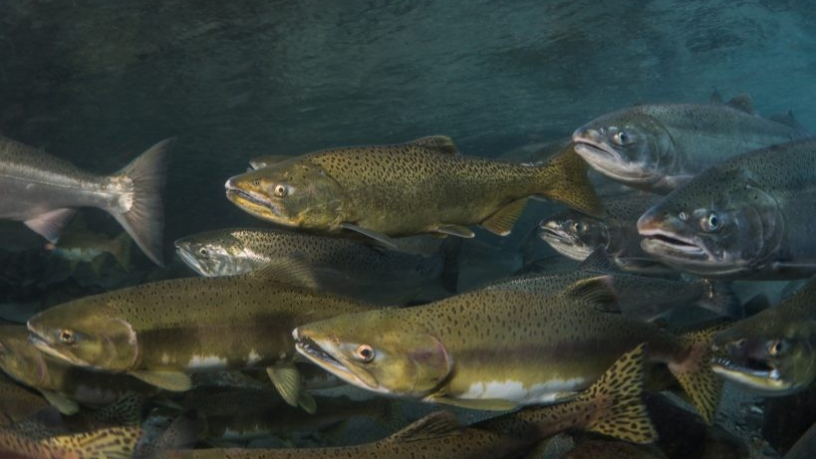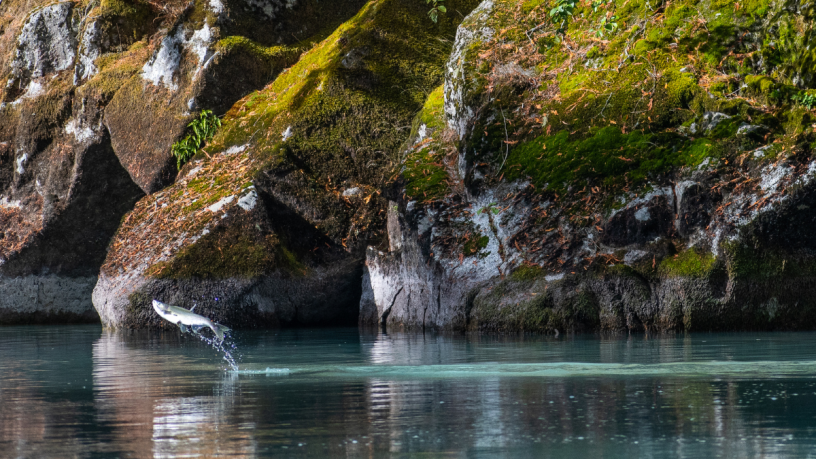A Conservation Crisis: Rethinking Lobster and Snow Crab Fishing in Canada
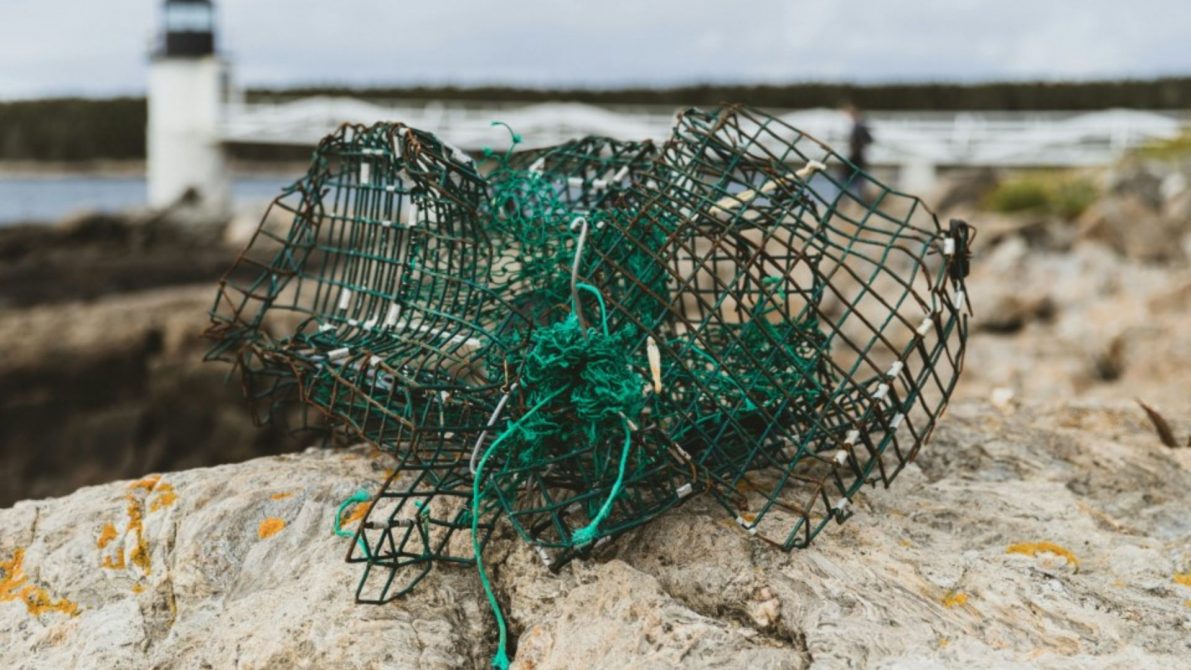
By Scott McIlveen, Ocean Wise Science Analyst
Lobster and snow crab are seafood staples on the East Coast.
As the top two contributors to the Canadian seafood market, they are integral for their regional economy and local livelihoods. These species also hold tremendous cultural value as fishing is often a family trade, with skills, knowledge, and practices passed down from generation to generation. But hiding below the surface, the industry is wrestling with a conservation crisis.
The North Atlantic Right Whale (NARW) is the most endangered baleen whale in the world. With fewer than 350 individuals left, their existence hangs in the balance as they face one of their largest threats: entanglement in fishing gear, namely ropes from the lobster and snow crab industry.
In 2024 alone, there have already been four entanglements, and though not all entanglements are fatal, they often result in injuries that reduce a whale’s chance of survival.
In July, a one-and-a-half year old female was freed from fishing gear in the St. Lawrence Estuary and while she looks to be in good shape, not all entangled calves are so lucky. For the critical low number of females – fewer than 70 – the impact of these entanglements is even more severe, delaying their transitioning from juvenile to breeding status and further diminishing already declining calving rates (CBC 2024b; Reed et al., 2024; NOAA 2024).

Because of these conservation issues, East Coast lobster and snow crab are not Ocean Wise Recommended.
The situation is so dire that when whales are detected in a fishing area, the area is subject to closure, requiring traps to be removed from the water. While this theoretically prevents whale injury, it negatively impacts fishers whose livelihoods depend on fishing the area during what is already a short season. Furthermore, because these conservation measures require a whale to be detected, sometimes whales slip through and become entangled before the closures can be enacted. Given the scale of this threat, innovative solutions like on-demand fishing gear have become essential in the hopes of preventing further entanglements.
In the past we’ve highlighted on-demand, or “ropeless,” fishing gear as a potential solution. On-demand systems function like traditional traps when it comes to fishing but feature a crucial difference during retrieval. Instead of having a vertical line sitting in the water column the entire time the trap is submerged, on-demand traps use an acoustic signal to release a buoy and line from the ocean floor. This drastically limits the amount of time rope is in the water column and thus risk of entanglement.
Though the technology is still in its infancy, it has the potential to drastically reduce whale entanglements in Atlantic Canada alone. The northwest Atlantic is also not the only place where the adoption of on-demand gear is being considered and trialed. Fisheries worldwide wrestle with the issue of whale entanglement such as rock crab fisheries in California, rock lobster fisheries in Australia, and brown crab fisheries in the United Kingdom. On-demand gear also has the potential to save large marine animals like leatherback turtles and fin whales, who are also at risk of getting caught in vertical lines.
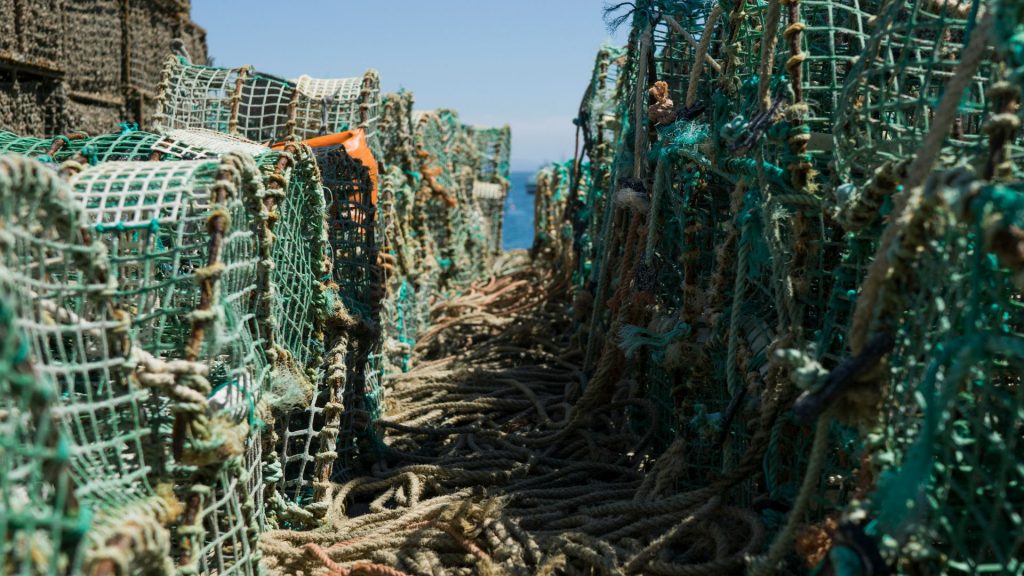
Despite its promise, several hurdles must be overcome before on-demand gear can become the industry standard.
The Government has not yet released an official timeline for when fishers will be able to use this gear commercially. Currently fisherfolk can only use this on-demand, or ‘ropeless’ gear, with a scientific permit. For this reason, there is minimal ropeless caught product available on the market. These traps are also incredibly costly compared to traditional traps, requiring a large upfront investment from fisherfolk. Estimates indicate that it could cost around $70,000 per boat to transition to a fully ropeless operation.
Lending libraries, where fisherfolk can borrow or lease traps have emerged as a potential solution to this problem, but these libraries are limited by their capacity. These problems, while challenging, are surmountable and will require coordination and cooperation between many stakeholders to overcome.
At Ocean Wise, we believe that transitioning to on-demand gear is crucial for the survival of the North Atlantic Right Whale.
This technology will continue to be refined and applied to fisheries in Canada and beyond. We’re committed to supporting and working with industry and NGO partners to recognize and promote sustainable fishing practices in Canadian fisheries.
We are currently working to connect harvesters using this gear to partner restaurants. Working directly with harvesters will allow us to have an additional level of verification in the process and celebrate all the sustainability wins along the way. This is a critical time for the North Atlantic Right Whale and we need to act decisively to ensure its survival – risk reduction alone is not enough. On-demand gear represents the only path forward that eliminates risk, ensuring a future where everyone can enjoy sustainably sourced lobster.
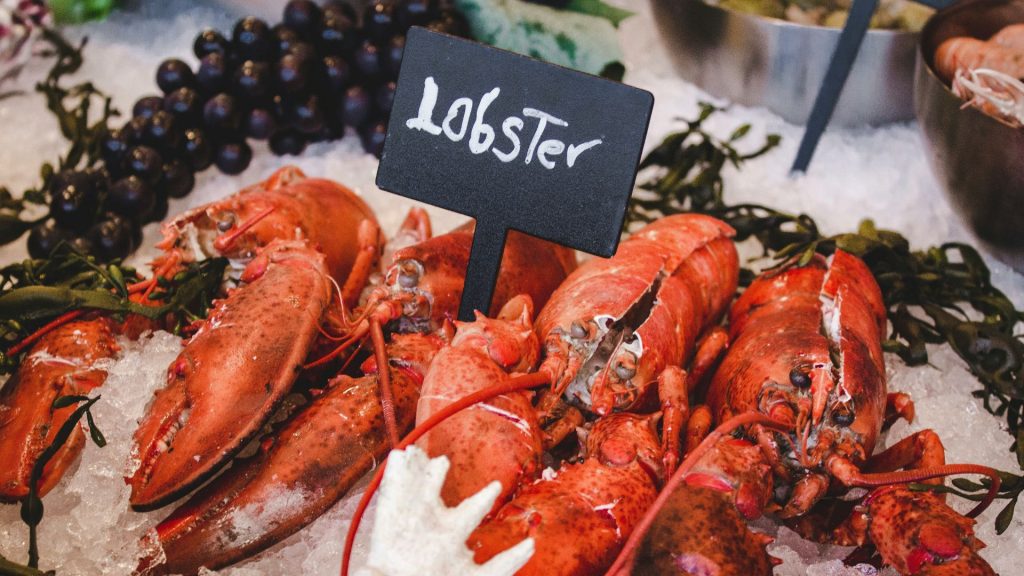
Posted September 24, 2024 by Kim Bricker
